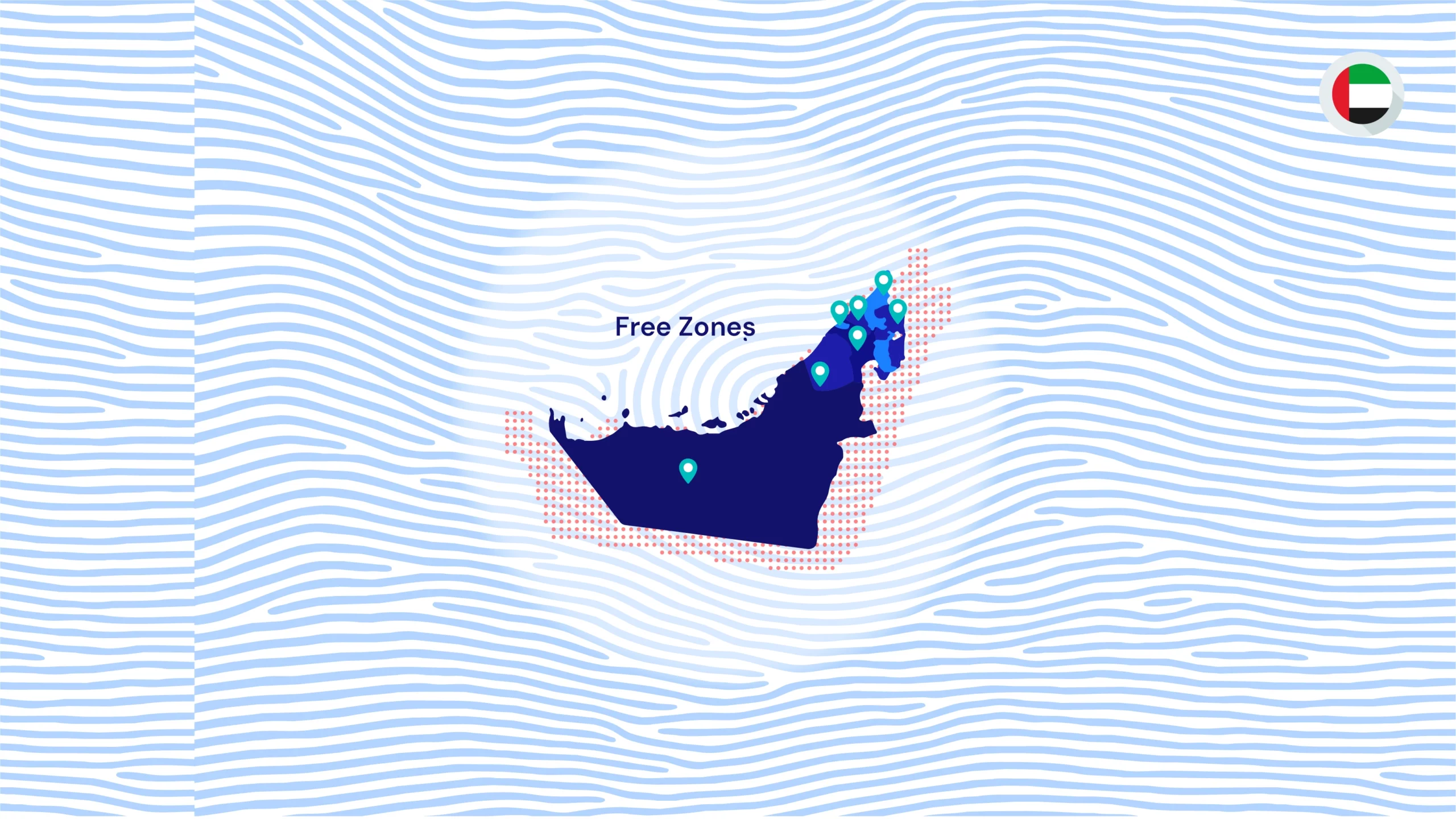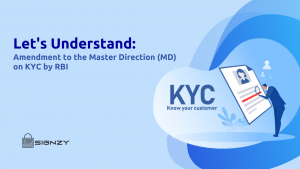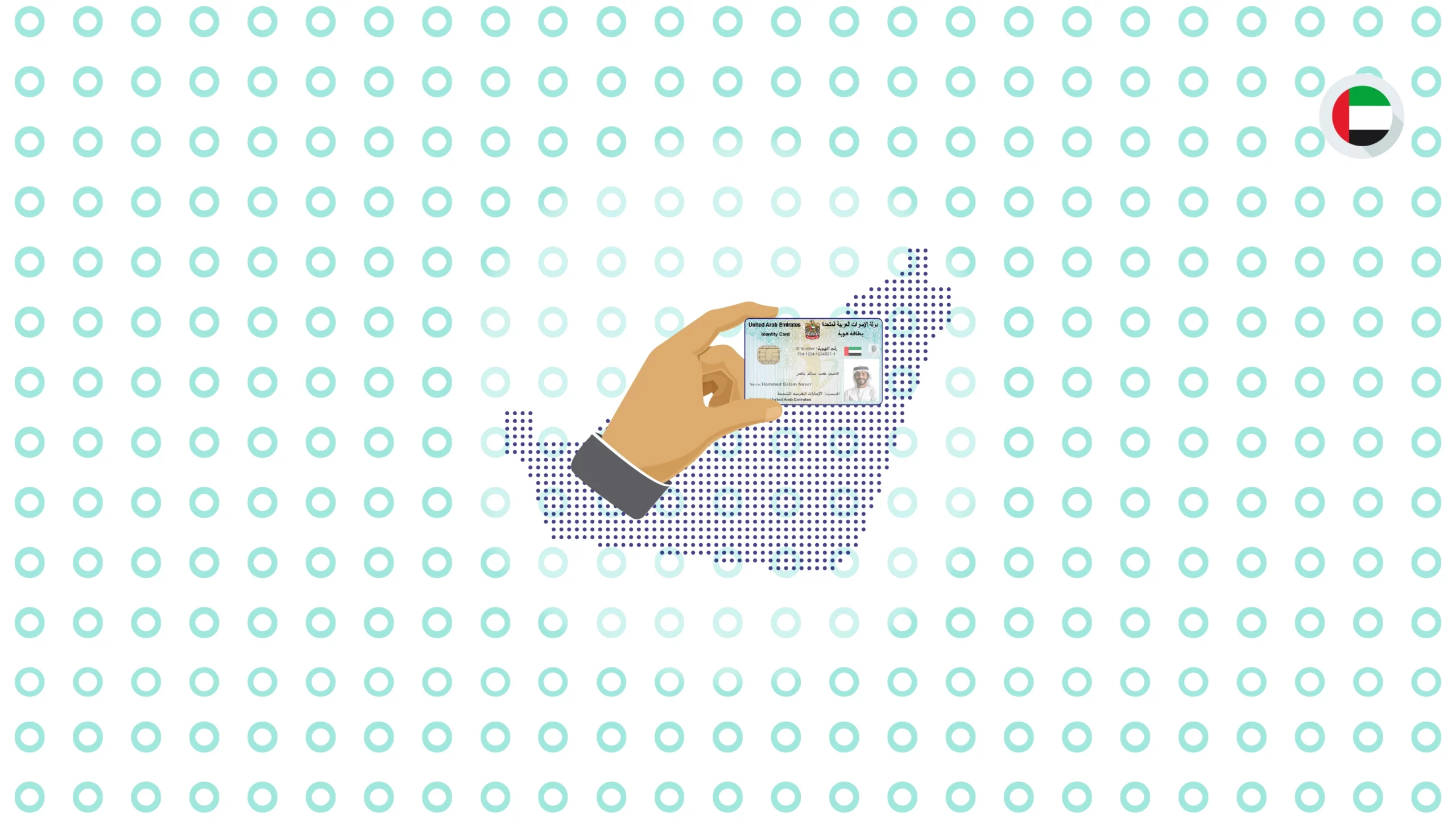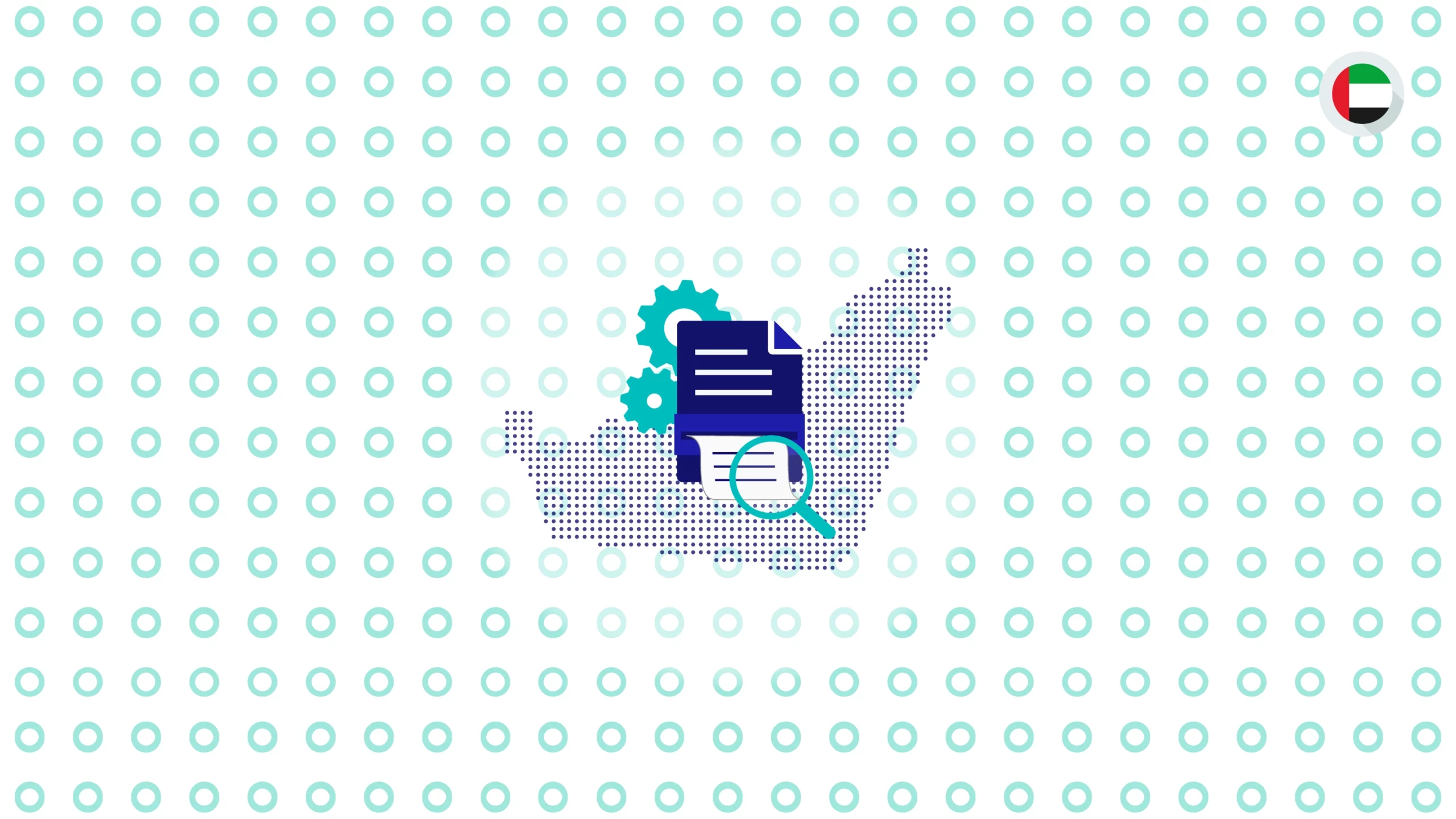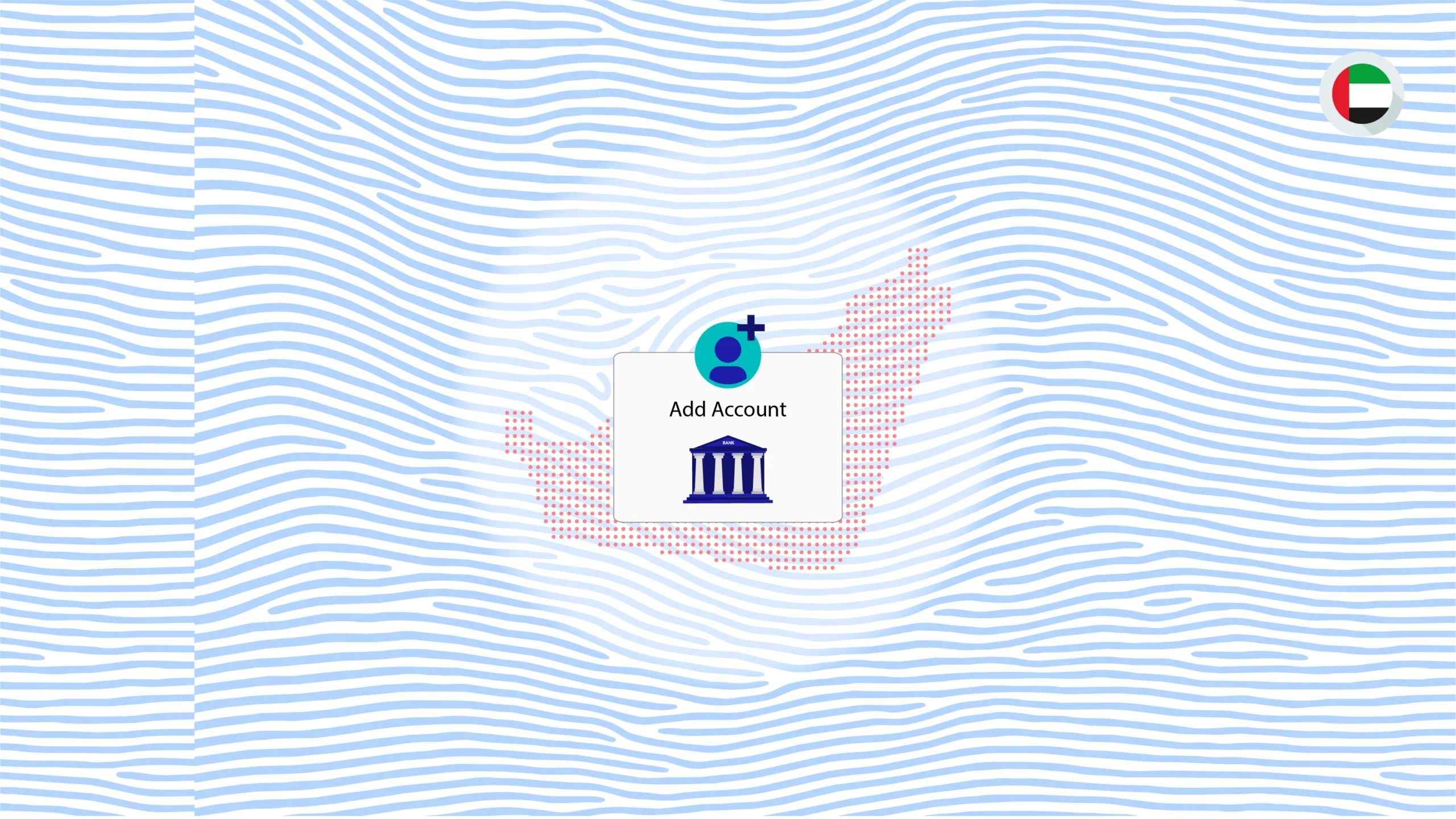UAE Free Zones Explained: How to Set Up, Benefits, Types and Country Wise List
November 8, 2024
8 minutes read
- In some UAE free zones, you can set up your business in as little as 48 hours, making it one of the fastest places to start a company globally.
- The Dubai Multi Commodities Centre (DMCC) has been named the world’s #1 free zone by the Financial Times fDi Magazine for eight consecutive years.
- Certain UAE free zones offer dual licensing options, allowing companies to operate both within the free zone and the mainland UAE.
IBM, Google, Amazon, Mercedes, Nestle, PepsiCo. Mitsubishi, Huawei, Deloitte, Siemens, Boeing, LG…
We’re not just rattling big names for fun.
These mega-companies have all set up shops in the UAE’s free zones.
And It can’t be a coincidence. There’s something special. Something that all these giants can’t resist.
Maybe you also already know why these 45 free zones are heaven for businesses. If not, the next few lines will explain it all:
“UAE free zones are like special business hubs where foreign companies can operate with more freedom. They let companies own 100% of their business, skip the whole “partner up with a local” thing, and get ridiculous tax breaks.”
Now that you know what they are, it’s time to dig into the depths – so that you understand UAE’s free zones system inside out – and expand your business in UAE in the best possible manner.
What’s it Like to Operate in a UAE Free Zone: Benefits
Imagine a business environment where you have full control over your company, retain all your profits, and enjoy tax benefits that seem almost too good to be true.
That’s the reality in UAE free zones. Let’s understand it by comparing it to the mainland setup.
| Aspect | Free Zone Setup | Mainland Setup |
| Foreign Ownership | 100% foreign ownership. Particularly beneficial for establishing a wholly-owned subsidiary or avoiding complexities of a local partnership. | Up to 100% in most sectors since 2021, but some strategic sectors still require Emirati partners or have ownership restrictions. |
| Tax Benefits | 0% on qualifying income and 9% on non-qualifying. | Standard 9% on taxable income. |
| Repatriation of Capital and Profits | 100% repatriation of capital and profits. What you earn is yours to keep – and transfer wherever you want without any additional fees or taxes. | 100% repatriation of capital and profits allowed. However, contractual agreements with local partners can put some restrictions. |
| Customs Duty Exemptions | Transactions entirely within free zones are not taxed. Free trade zones are exempted from duties. | Standard customs duties of 5% are charged on imported goods, with many countries exempted. Duties are charged when goods enter Dubai’s mainland. |
Types of UAE Free Zones
The UAE has thoughtfully developed various types of free zones to cater to different industries and business needs.
There are two main classes: Industry-specific and multi-purpose.
Industry-Specific Free Zones
These zones are tailored to support and grow particular sectors. They offer specialized infrastructure, networking opportunities, and sometimes even preferential regulations for businesses in their focus industry. Examples include:
- Dubai Internet City: A hub for technology companies.
- Dubai Media City: Serves media and creative businesses.
- Dubai Healthcare City: Focuses on healthcare and medical services.
If your company operates in a specific industry, choosing an industry-specific free zone can provide you with valuable resources, potential collaborations, and a conducive environment for growth.
Multi-Purpose Free Zones
Some of the largest and most versatile free zones in UAE cater to a wide range of businesses. These zones offer flexibility and are ideal if your business spans multiple sectors or if you prefer a more diverse business environment.
Notable examples include the Dubai Multi Commodities Centre (DMCC), Jebel Ali Free Zone (JAFZA) and Ras Al Khaimah Economic Zone (RAKEZ).
These multi-purpose zones often provide more flexibility in terms of business activities and can be a good choice if you’re unsure about future expansions or pivots in your business model.
Country Wise List of UAE Free Zones
| Emirate | Free Zone |
| Dubai | Dubai Multi Commodities Centre (DMCC) |
| Dubai International Financial Centre (DIFC) | |
| Dubai Airport Free Zone (DAFZA) | |
| Jebel Ali Free Zone (JAFZA) | |
| Dubai Internet City | |
| Dubai Media City | |
| Dubai Healthcare City | |
| Dubai Design District (d3) | |
| Dubai Production City | |
| Dubai Studio City | |
| Dubai Science Park | |
| Dubai Knowledge Park | |
| Dubai Outsource City | |
| Dubai International Academic City | |
| Dubai Gold and Diamond Park | |
| Dubai Silicon Oasis | |
| Dubai Textile City | |
| Dubai Flower Centre | |
| Dubai Cars and Automotive Zone | |
| International Humanitarian City | |
| Abu Dhabi | Abu Dhabi Global Market (ADGM) |
| Khalifa Industrial Zone Abu Dhabi (KIZAD) | |
| twofour54 | |
| Masdar City Free Zone | |
| Abu Dhabi Airport Free Zone | |
| Sharjah | Sharjah Airport International Free Zone (SAIF Zone) |
| Hamriyah Free Zone | |
| U.S.A. Regional Trade Center Free Zone | |
| Sharjah Media City (Shams) | |
| Sharjah Publishing City | |
| Sharjah Research, Technology and Innovation Park | |
| Ras Al Khaimah | RAK Economic Zone (RAKEZ) |
| RAK Maritime City | |
| RAK International Corporate Centre (RAK ICC) | |
| Ajman | Ajman Free Zone |
| Fujairah | Fujairah Free Zone |
| Creative City | |
| Umm Al Quwain | Umm Al Quwain Free Trade Zone |
Business Setup in UAE Free Zones
Establishing your business in a UAE free zone is a streamlined process, typically completed in 1-4 weeks. To guide you through this journey, we’ve broken down the setup into three key phases.
Stage 1 – Planning and Preparation
Establish the groundwork for your UAE business presence by making key decisions and assembling required materials.
- Choose Your Business Structure: Will you opt for a Free Zone Establishment (FZE) as a sole entrepreneur, or are you bringing partners on board with a Free Zone Company (FZCO)? If you’re expanding an existing business, a branch office might be your best bet.
- Select and Reserve Your Company Name: While creativity is welcome, keep in mind the local naming conventions. Don’t worry if you’re unsure – the free zone authority is there to guide you through this process.
- Prepare and Submit Required Documents: Yes, paperwork is inevitable, but it’s manageable. Typically, you’ll need:
-
- A completed application form
- Passport copies of all shareholders
- A concise business plan or company profile
- Bank reference letters
Stage 2 – Approval and Registration
Formalize your company’s status in the chosen free zone through a series of official approvals and registrations.
- Obtain Initial Approval: The free zone authority will review your application, and if all is in order, you’ll receive an initial approval certificate. It’s a moment worth celebrating – your UAE business journey has officially begun.
- Lease Your Office Space: Whether you’re starting small with a virtual office or going all-in with a physical space, this step makes your presence in the UAE concrete. Choose a space that gives your business room to grow.
- Pay Registration Fees: These fees typically cover your trade license, registration, and office lease.
- Receive Your License: This is the green light you’ve been waiting for. Once all requirements are met and fees are paid, you’ll receive your business license.
Stage 3 – Operationalization
Set your free zone business in motion by establishing essential operational elements and fulfilling regulatory requirements.
- Open a Corporate Bank Account: With your trade license in hand, you’re ready to choose a bank that understands your business needs and can support your growth.
- Apply for Employee Visas: This step allows you to bring your talent pool to the UAE. The number of visas available will depend on your office space and business type.
Also, many free zones offer flexible start-up packages. You can begin with a small setup and expand as your business grows.
What’s After Business Setup in UAE Free Zone?
You’ve set up your business in a UAE Free Zone. Well done. Setting up was step one. The real work begins now – maintaining compliance.
Ensuring you’re dealing with legitimate businesses and individuals will be one of your key challenges. This is where smart use of technology can give you an edge. Consider integrating verification processes into your operations. Tools for identity checks and trade license validation can significantly streamline your compliance efforts.
Signzy’s suite of AI-powered solutions addresses these compliance challenges head-on. Our AI-powered tools integrate smoothly with your systems, helping you manage compliance with confidence. Take the first step towards effortless compliance – schedule a demo now.
FAQs
- Can I conduct business outside the free zone in the UAE mainland?
Generally, free zone companies are restricted from doing business in the UAE mainland. However, some free zones offer dual licensing options, allowing limited mainland activities. Check with your specific free zone for details.
- How long does a free zone license remain valid?
Most free zone licenses are valid for one year and need to be renewed annually. Some free zones offer multi-year licenses. Always verify the validity period with your chosen free zone authority.
- Are there any restrictions on hiring expatriate employees in free zones?
Free zones typically offer more flexibility in hiring expatriates. However, there are visa quotas based on your office space and business activity. Some free zones also require a certain percentage of Emirati employees.
- Do I need to maintain a physical office in the free zone at all times?
Requirements vary. Some free zones offer virtual office options, while others require a physical presence. Check with your chosen free zone about minimum space requirements and flexible office solutions.
